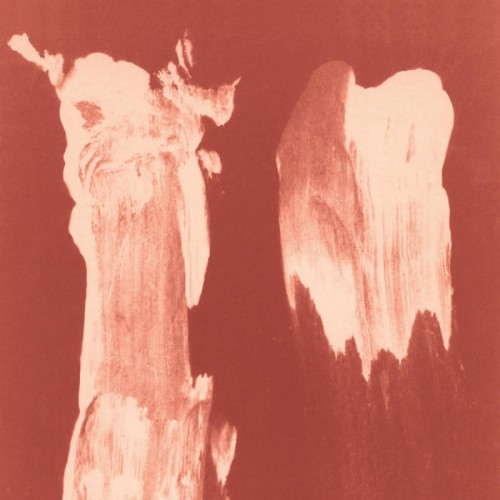 After twenty years of exploration, Glen Johnson (one of the tirade that first initiated the project and its lasting member) is closing the lid on and drawing a line under everything Piano Magic, and as the glissotronic swirls clear on the opening track, he’s straight in there voicing his opinion on the matter to lush orchestrated folds.
After twenty years of exploration, Glen Johnson (one of the tirade that first initiated the project and its lasting member) is closing the lid on and drawing a line under everything Piano Magic, and as the glissotronic swirls clear on the opening track, he’s straight in there voicing his opinion on the matter to lush orchestrated folds.
“Landlines”‘s shimmery contours pick up the tempo as does (the highly danceable) “Exile” in a lavish dash of crushed velvet and mirror balled spin, before “Let Me Introduce You” flicks the indie dollar into the moonlit night once again, poetically beaking that fountain of sadness I’ve eagerly been lapping up since 1997. The cello-curling cats and powwow patter affirming a certain Artists’ Rifles verve on “Living For Other People”, Johnson’s voice removed from the chordic shackles bemoaning a diaristic flow of images — suns like scissors through canvas — days fading like weathered Polaroids. The suave sensuality of “Attention To Life” cherub-chasing its knife-tipped treasures. The upholstery pendulum(ing) a glass-half-empty awaiting fresh fulfilment.
Although I’m a fervid lover of the more musically adventurous, I’m also a sucker for the melancholic, and Piano Magic constantly hit the introspective spot with that all-important Angela Carter glint of mystery to slant and enchant. Really hoping the vinyl has the words inscribed somewhere, it’s an important ingredient to getting under the skin, picking the bones of this final offering, looking beyond its sonic congenialities towards the autographical signatures that prompted him to finally throw in the towel.
Who’d have thought it would end here, surrounded by harmony and tuneful slitherings, a world away from the kooky curiosity cabinet that was Popular Mechanics and the eerie improprieties of Wrong French. We can only guess were the future may lead.-Michael Rodham-Heaps-



